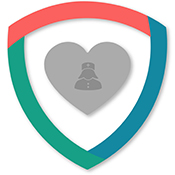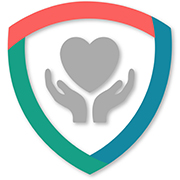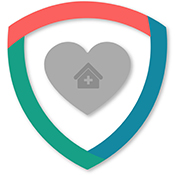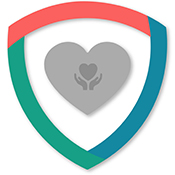 One of the most important aspects of physical safety for chronic patients is dealing with the myriad of medications involved in their care. In fact, medication errors may be one of the first warning signs you saw that led you to realizing your loved one needed additional help.
One of the most important aspects of physical safety for chronic patients is dealing with the myriad of medications involved in their care. In fact, medication errors may be one of the first warning signs you saw that led you to realizing your loved one needed additional help.
A great resource for reducing medication errors is this article provided by the Mayo Clinic. You will find many medical safety ideas that you may not have already considered.
Another article that is helpful in avoiding medication errors is from Centers for Disease Control and Prevention. Here you will find some specific warnings about certain medications that need close monitoring as well as excellent tips for managing medications.
Your aging loved one may not be ready to give up control of medication management. This may take some time to convince him/her. For us, it took quite a bit of conversation and an unfortunate hospital visit for our mother to give up that control and allow us to fill her pill box weekly. She had become quite ill and had to spend weeks recovering from the effects of medication errors she had unwittingly committed. We were lucky that the effects of medication misuse hadn’t become permanent, yet.
Remember to use the genus™ App to keep your loved ones’ medications list up to date. It truly is worth the time and effort to input the medication data into the app. This part of the app in the Medical platform will provide you with medical safety information when you visit the doctor’s office, consult with a pharmacist, or make a plan for safe medication dispersal. All this at the tip of your fingertips, wherever you are! Together, we can care better.
 We typically think of family caregivers as women in the Baby Boomer generation, age late 40s to late 50s. But new information from AARP and the National Alliance for Caregiving reveals that a full 10 percent of family caregivers are Millennials. That’s 10 million people!
We typically think of family caregivers as women in the Baby Boomer generation, age late 40s to late 50s. But new information from AARP and the National Alliance for Caregiving reveals that a full 10 percent of family caregivers are Millennials. That’s 10 million people! ith several types of safety: physical, emotional, financial, and spiritual. We often do a stellar job of taking care of their physical needs, but what about their emotional needs?
ith several types of safety: physical, emotional, financial, and spiritual. We often do a stellar job of taking care of their physical needs, but what about their emotional needs? It can be so overwhelming deciding what kind of outside help to hire for your aging loved one. Who should you hire? How do you find them? Are they qualified? Can they be trusted to care for your parent? What questions should you ask? What is the cost? How do I find the best care possible for my parent?
It can be so overwhelming deciding what kind of outside help to hire for your aging loved one. Who should you hire? How do you find them? Are they qualified? Can they be trusted to care for your parent? What questions should you ask? What is the cost? How do I find the best care possible for my parent? It’s late at night, you feel like you need some support, you don’t feel like calling the 24/7 Alzheimer’s hotline, but you need some sort of boost in the arm as you try to figure out the best way to care for your loved one with memory issues.
It’s late at night, you feel like you need some support, you don’t feel like calling the 24/7 Alzheimer’s hotline, but you need some sort of boost in the arm as you try to figure out the best way to care for your loved one with memory issues. 
 One of the most frustrating things to deal with when caring for an aging parent is the many health complications that arise as one ages. Medical safety is of key concern. Many family member also acting as caregivers have not had a great deal of experience dealing with doctors and various medical safety issues. There are many questions that arise, making the whole caring experience a bit overwhelming without the proper information.
One of the most frustrating things to deal with when caring for an aging parent is the many health complications that arise as one ages. Medical safety is of key concern. Many family member also acting as caregivers have not had a great deal of experience dealing with doctors and various medical safety issues. There are many questions that arise, making the whole caring experience a bit overwhelming without the proper information. Most people want to be independent and do not want to be a burden on the family, hesitating to ask us for the help they need. When dealing with a family member who still has fairly strong cognitive abilities, we can only know where to provide help if we can teach our loved one to ask for help. Of course we will see some obvious areas where help is needed, but in order to provide the best possible care, we need him/her to be open with us.
Most people want to be independent and do not want to be a burden on the family, hesitating to ask us for the help they need. When dealing with a family member who still has fairly strong cognitive abilities, we can only know where to provide help if we can teach our loved one to ask for help. Of course we will see some obvious areas where help is needed, but in order to provide the best possible care, we need him/her to be open with us.